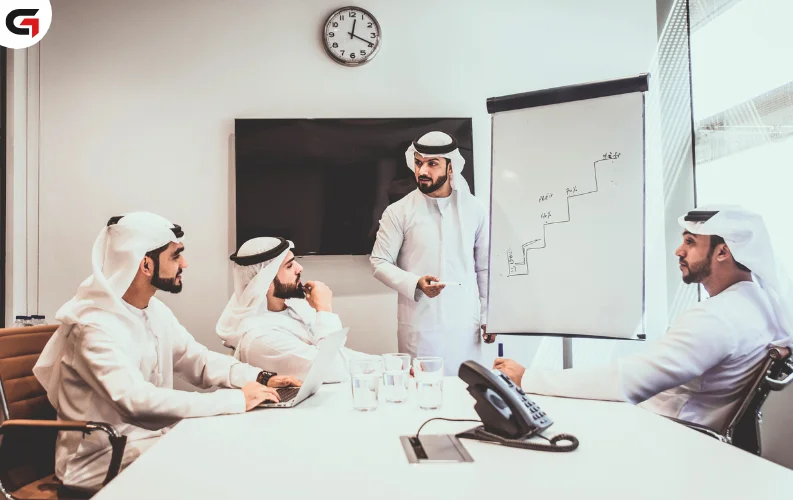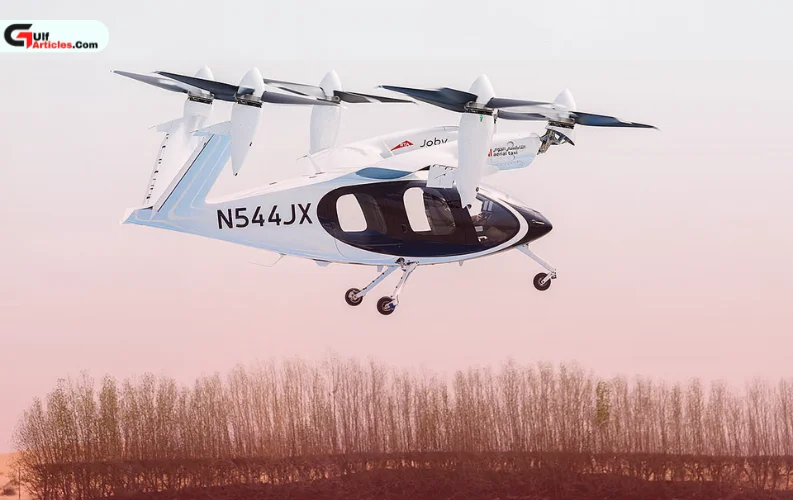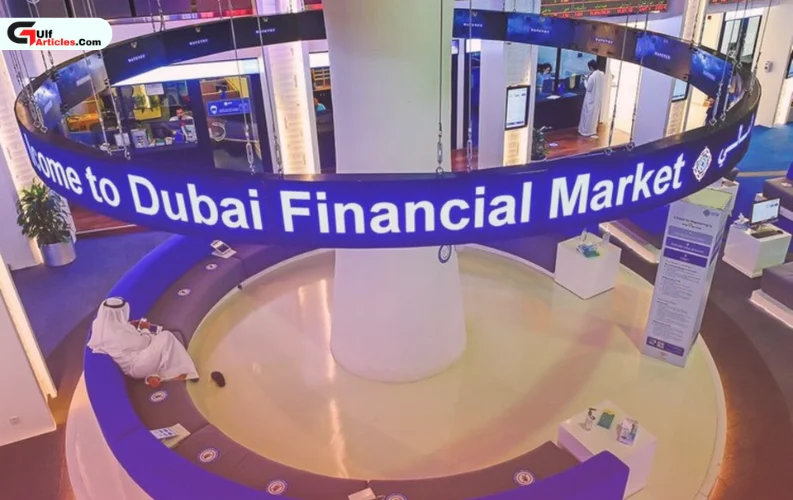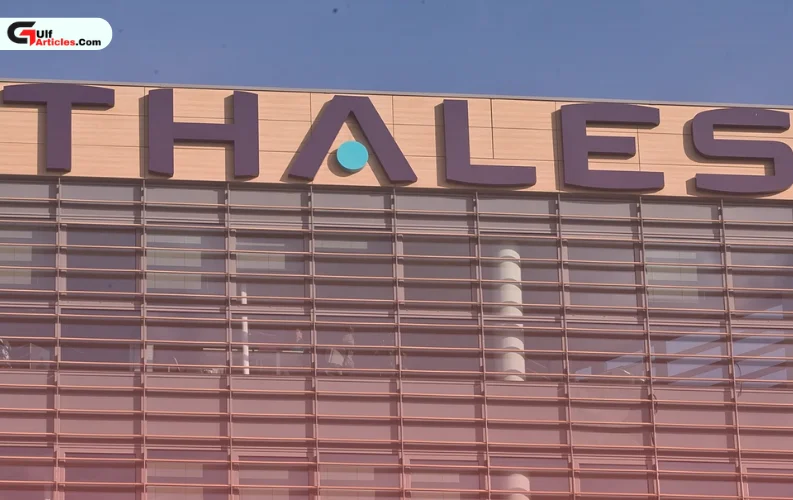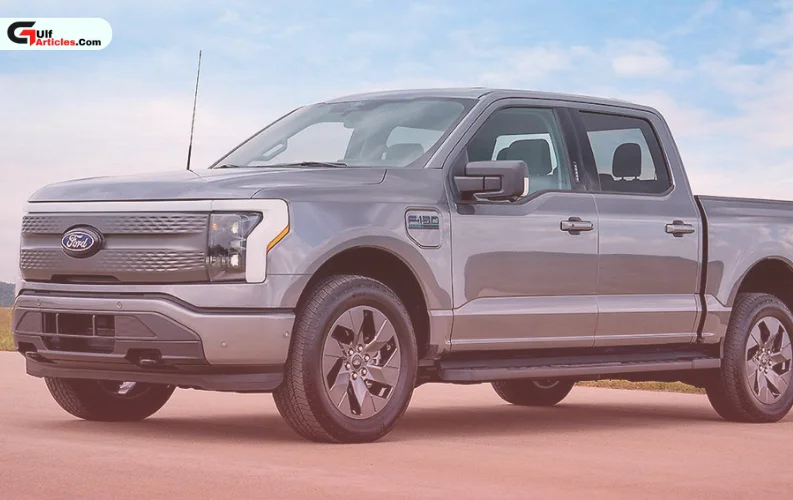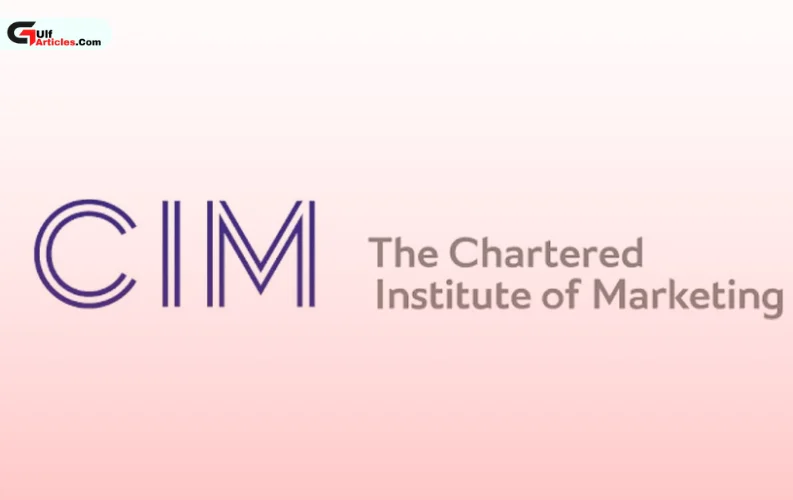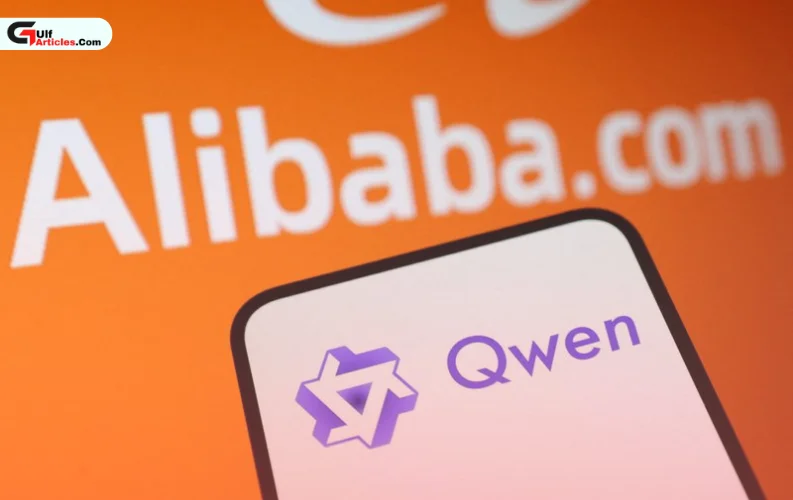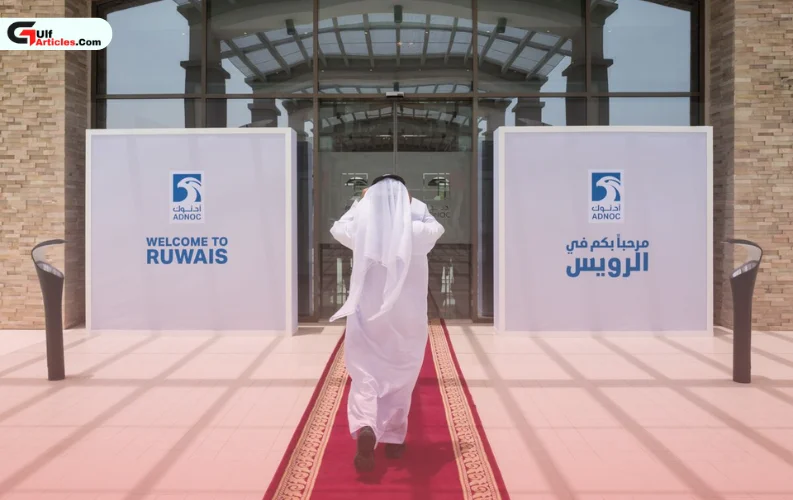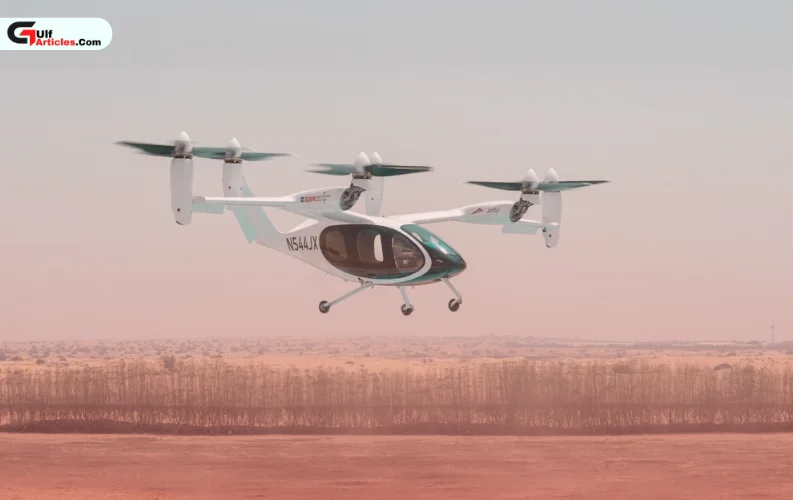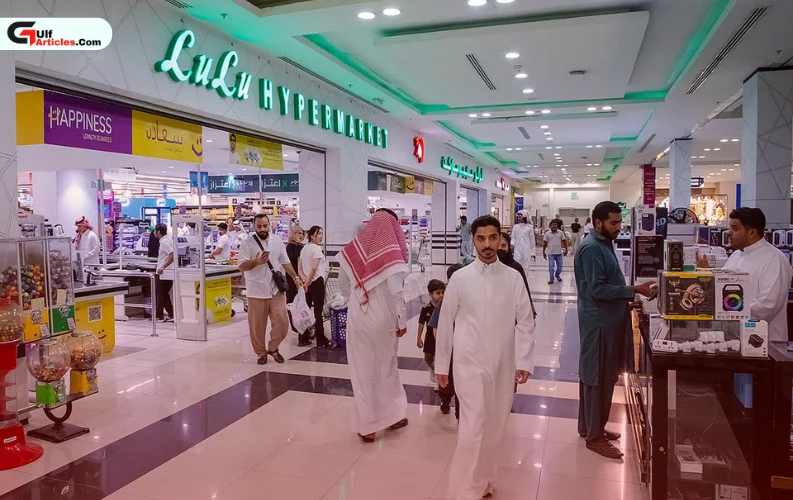The Gulf region, long synonymous with vast oil reserves and petro-dollar economies, is undergoing a historic pivot. Nations such as the United Arab Emirates, Saudi Arabia, Qatar, and Oman are actively reshaping their identities, moving away from hydrocarbon dependency toward sustainable, innovation-driven futures. Central to this transformation is their bold commitment to clean technology and the rise of smart cities—an effort to secure long-term prosperity, ensure energy security, and maintain global relevance in a rapidly shifting economic landscape.
A Strategic Shift Toward Sustainability
This move is not merely environmental—it is economic, political, and generational. With the global energy transition accelerating and the demand for renewables surging, Gulf leaders understand that economic resilience will depend on diversification. They are positioning themselves as pioneers of the post-oil era, striving to balance environmental stewardship with the need to sustain robust economic growth.
Saudi Arabia’s Vision 2030 outlines a future in which renewable energy will power the kingdom, while simultaneously transforming its workforce and diversifying income streams. The UAE’s Energy Strategy 2050 aims to increase the contribution of clean energy in the total energy mix to 50% by 2050, supported by massive investments in solar, nuclear, and hydrogen energy.
Drivers Behind the Transition:
-
Global pressure to meet climate goals under the Paris Agreement
-
Economic diversification and job creation for youth
-
Energy security and reduced reliance on imports
-
Global investment appeal through green portfolios
-
National pride and leadership in sustainability innovation
NEOM: The Flagship of Tomorrow
Perhaps the most ambitious project symbolizing this shift is NEOM, Saudi Arabia’s $500 billion futuristic city. Designed to run entirely on renewable energy, NEOM is more than a smart city—it is a blueprint for humanity’s urban future. The LINE, a linear city within NEOM, promises zero cars, zero streets, and zero carbon emissions.
NEOM aims to house over 9 million people across a 170-km stretch of vertical buildings, completely powered by clean energy and featuring high-speed transit systems. It is designed to integrate cutting-edge technology, including digital twins, predictive infrastructure, and autonomous systems. Environmental sustainability is embedded in every layer—from construction materials to water management systems.
Key Features of NEOM:
-
100% renewable energy infrastructure (solar, wind, green hydrogen)
-
Autonomous transport and high-speed transit corridors
-
Integrated AI for governance, logistics, and public safety
-
Circular economy and modular urban design
-
Smart agriculture and water desalination systems
The UAE’s Green Ambitions
The UAE, a trailblazer in sustainability within the region, is aggressively expanding its clean energy capacity. The Masdar initiative in Abu Dhabi is a pioneering eco-city built to be carbon-neutral and zero-waste. Masdar also functions as a global investor in renewable energy, with over $20 billion invested in solar, wind, and waste-to-energy projects across 40+ countries.
The Mohammed bin Rashid Al Maktoum Solar Park is among the world’s largest solar projects. It incorporates photovoltaic and concentrated solar power technologies and is expected to produce over 5,000 MW of electricity upon completion, reducing over 6.5 million tonnes of carbon emissions annually.
Major UAE Initiatives:
-
Masdar City: a zero-waste, zero-carbon urban ecosystem
-
Mohammed bin Rashid Solar Park: clean energy megaproject
-
UAE Net Zero by 2050 Strategic Initiative
-
Clean hydrogen roadmap and nuclear energy expansion (Barakah Plant)
-
Hosting COP28: centerstage in global climate diplomacy
Innovation and Investment in Clean Tech
The Gulf is not only adopting clean tech—it is innovating in the space. National innovation hubs, academic research institutions, and corporate R&D centers are being established to foster breakthroughs in sustainable energy, water conservation, and environmental engineering.
Qatar’s National Vision 2030 emphasizes the development of human capital and scientific research. Through initiatives like the Qatar Science and Technology Park and collaborations with institutions like MIT, Qatar is exploring solar cooling systems, desalination advancements, and smart grid technologies.
Clean Tech Investment Priorities:
-
Green hydrogen production and export strategies
-
Carbon capture, utilization, and storage (CCUS)
-
Next-generation battery storage and microgrids
-
Electric and hydrogen fuel cell transport systems
-
AI-enabled energy management and smart appliances
The Rise of Smart Cities Across the Gulf
Smart cities are becoming more than a concept in the Gulf—they are a reality. In addition to NEOM and Masdar, Dubai, Doha, and Muscat are adopting smart city principles, deploying technologies such as AI, machine learning, IoT, blockchain, and 5G to transform urban governance and services.
Dubai’s Smart City strategy integrates over 100 initiatives across six key pillars: transport, infrastructure, communications, urban planning, energy, and governance. Citizens interact with digital services using apps that manage parking, water usage, healthcare, and even dispute resolution.
Doha is implementing smart traffic lights, AI-based security systems, and digitized public services. Bahrain’s Smart Nation program is introducing e-government platforms, drone-based delivery pilots, and green data centers powered by solar energy.
Features of Gulf Smart Cities:
-
Digital twins for real-time urban simulation
-
Blockchain-based property and ID systems
-
Smart energy meters and responsive lighting systems
-
Predictive analytics for infrastructure maintenance
-
AI-driven public safety and emergency response
-
Urban greening through vertical gardens and bio-domes
Socioeconomic Impacts
The clean tech revolution in the Gulf has deep socioeconomic implications. It is creating thousands of new jobs in green construction, R&D, logistics, and project management. It is also transforming education systems, prompting universities to launch programs in renewable energy engineering, environmental science, and smart infrastructure design.
Moreover, sustainability is becoming a part of the cultural narrative. Campaigns like the UAE’s “Change the Habit” and Saudi Arabia’s “Green Riyadh” are instilling environmental awareness in citizens. Private sector participation is also growing, with major real estate developers, banks, and logistics firms integrating ESG frameworks.
Challenges and the Road Ahead
Despite rapid progress, the transition is not without hurdles. Key challenges include:
-
Adapting aging infrastructure to new standards
-
Managing water scarcity and climate adaptation
-
Training a new generation of green-skilled workers
-
Ensuring data privacy and cybersecurity in smart cities
-
Balancing rapid development with ecological preservation
International collaboration will be essential. The Gulf is already forging alliances with the EU, China, and the U.S. on climate finance, sustainable urbanization, and clean tech research. This collaboration, combined with ambitious domestic policies, offers a credible pathway to achieving global climate targets.
Conclusion
The Gulf’s bet on clean tech and smart cities is not just a strategic decision—it is a moral and generational one. As oil gradually loses its primacy, the region is preparing to lead in a world where intelligence, sustainability, and adaptability define success. With visionary leadership, deep financial reservoirs, and an appetite for innovation, Gulf nations are writing a new chapter—one where prosperity is measured not in barrels but in brilliance, balance, and boldness.
Summary Highlights:
-
The Gulf is shifting from oil to sustainability-driven economies
-
Smart cities and clean tech are central to national visions
-
Projects like NEOM, Masdar, and MBR Solar Park are global benchmarks
-
Investments span hydrogen, AI, green mobility, and smart grids
-
Smart cities enhance urban life through real-time digital governance
-
Sustainability education, job creation, and public awareness are key pillars
-
Regional challenges remain, but collaboration offers viable solutions
You may also like:-



